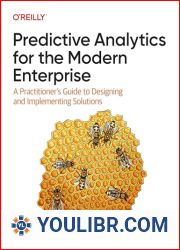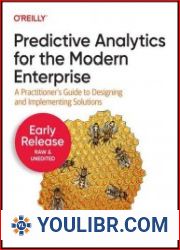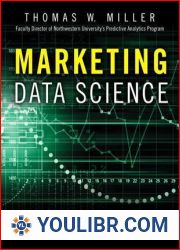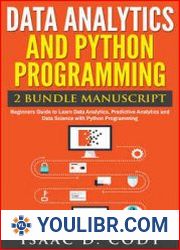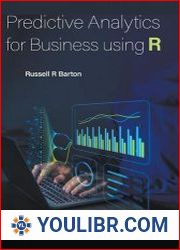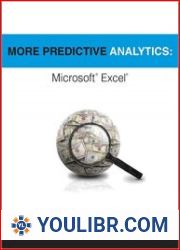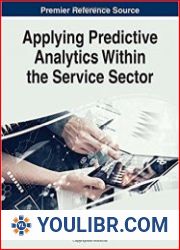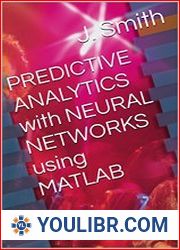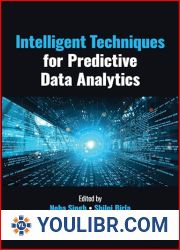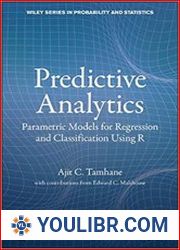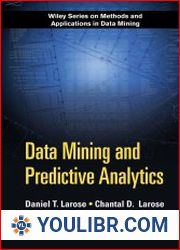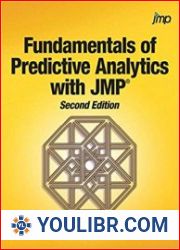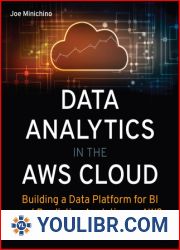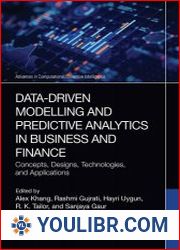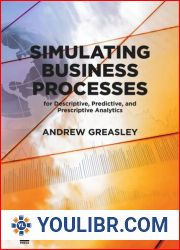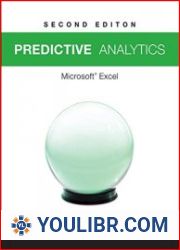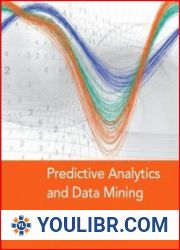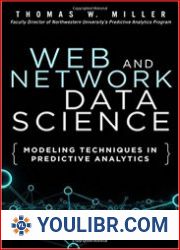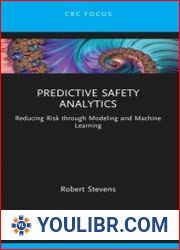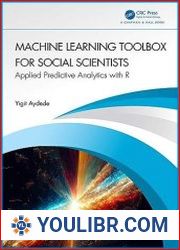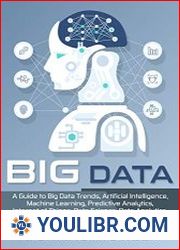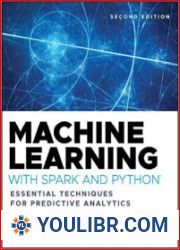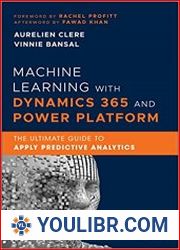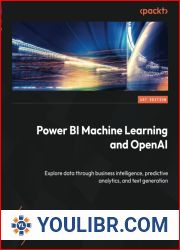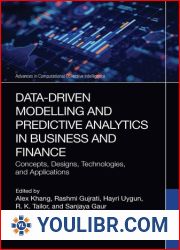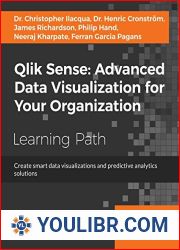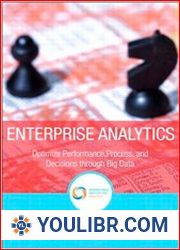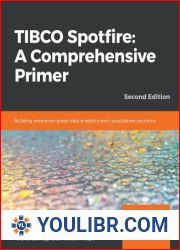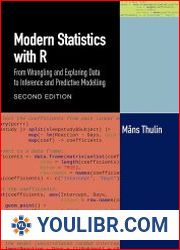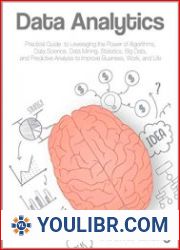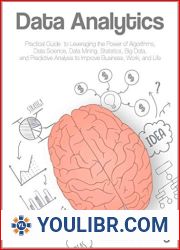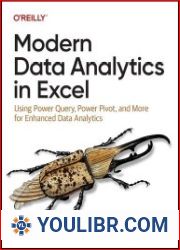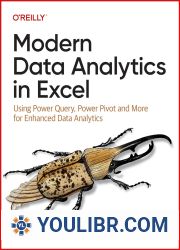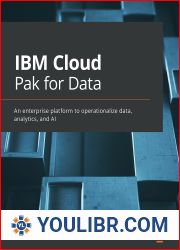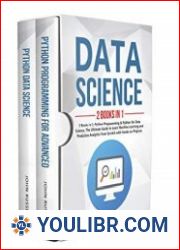
BOOKS - Predictive Analytics for the Modern Enterprise A Practitioner's Guide to Desi...

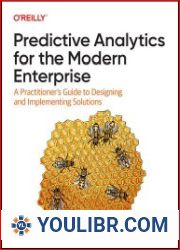
US $5.52

327368

327368
Predictive Analytics for the Modern Enterprise A Practitioner's Guide to Designing and Implementing Solutions (Final Release)
Author: Nooruddin Abbas Ali
Year: 2024
Format: PDF/ EPUB RETAIL COPY
File size: 32.6 MB
Language: ENG
Year: 2024
Format: PDF/ EPUB RETAIL COPY
File size: 32.6 MB
Language: ENG
The surging predictive analytics market is expected to grow from $10.5 billion today to $28 billion by 2026. With the rise in automation across industries, the increase in data-driven decision-making, and the proliferation of IoT devices, predictive analytics has become an operational necessity in today's forward-thinking companies. If you're a data professional, you need to be aligned with your company's business activities more than ever before. This practical book provides the background, tools, and best practices necessary to help you design, implement, and operationalize predictive analytics on-premises or in the cloud. Pandas is an open source Python package that makes it easy to perform data wrangling in Python. It is built on top of the NumPy library that we discussed in the previous section. Pandas makes it easy to work with data for the purpose of Data Science and data analytics. Just as for NumPy the main object provided by the library was an n-dimensional array, for Pandas the main object is a Pandas DataFrame. TensorFlow was created and made open source by Google. It is one of the most-used platforms worldwide for Machine Learning (ML). TensorFlow has wide-ranging applications, including structured data processing, automated image classification, advanced optical character recognition (OCR), video analysis, and sentiment analysis, to name a few. The primary audience for this book is data professionals and technical managers who want to learn the scientific foundation for predictive analytics and its application in today’s enterprise. The book will allow readers to navigate the life cycle of developing predictive analytics capabilities using multiple frameworks, techniques, and platforms. I assume no prior knowledge on the part of the reader except for a basic understanding of programming in Python, a high-level understanding of foundational mathematics, and a high-level understanding of Amazon Web Services (AWS).







